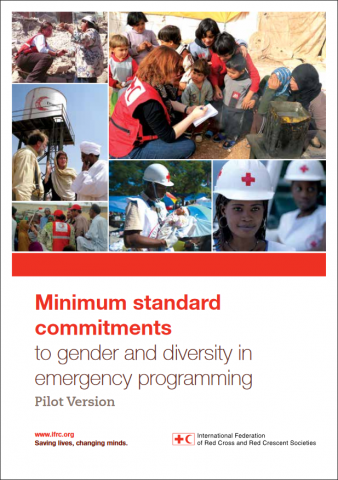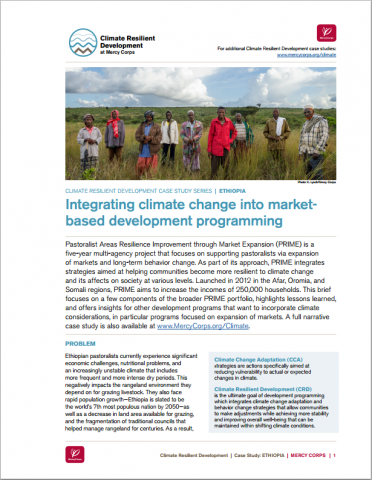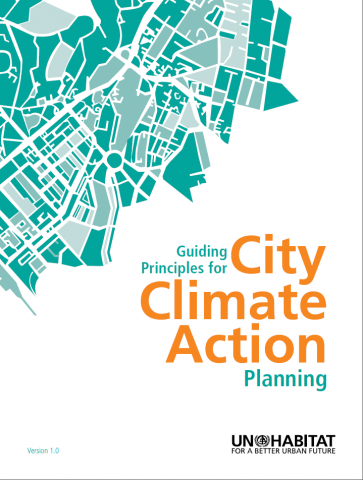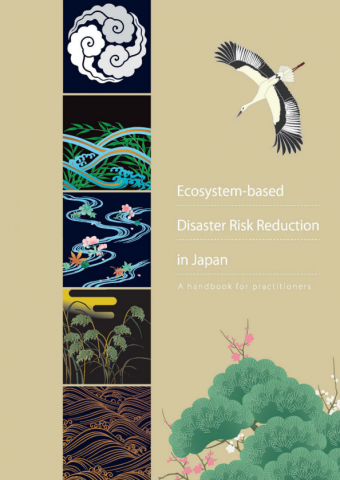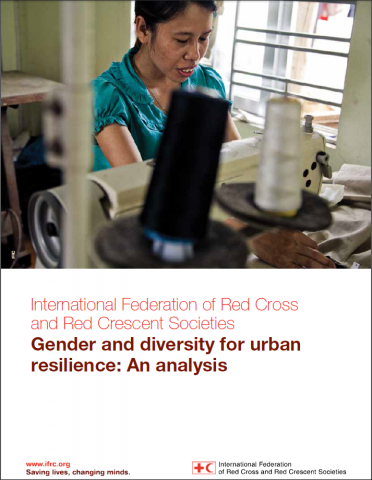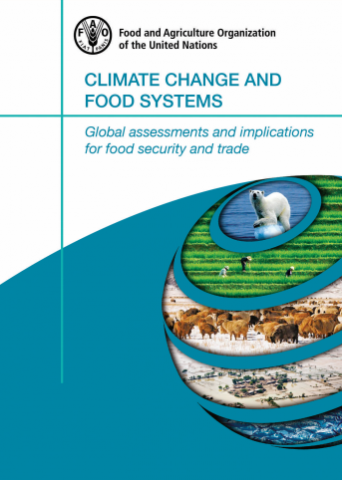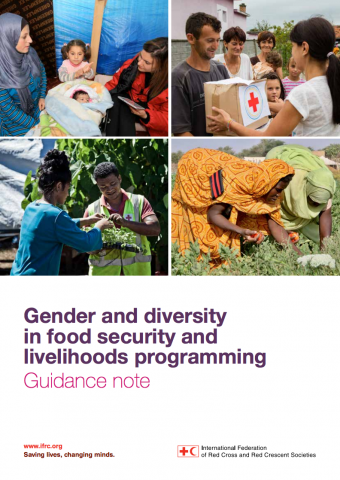Adapting to an Urban World Phase II (2017) Assessment Design in Urban Areas – Expert Consultations
Managing urban areas is one of the major development challenges of the 21st century. While the increasing attention to the urban food insecure is evident, effective information gathering guiding humanitarian response and targeting remain a challenge to meet food security and other basic needs. In order to assess vulnerability to food insecurity in urban settings, […]

